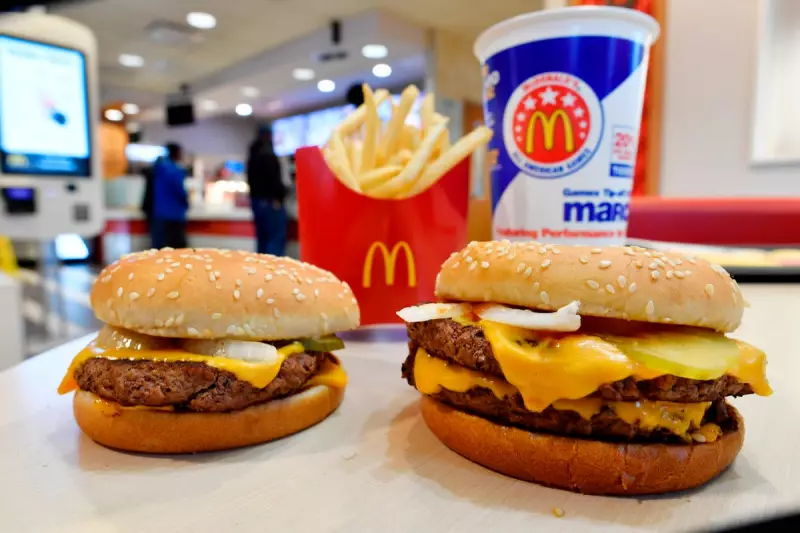
Fast-food titan McDonald's is facing a serious legal and public relations challenge after a Colorado family launched a lawsuit alleging their children contracted severe E. coli infections from contaminated Quarter Pounder burgers.
The case, filed in Illinois where McDonald's is headquartered, centres on a meal consumed at a franchise in the city of Aurora. The plaintiffs claim the food led to their sons, aged seven and ten, being hospitalised with serious complications.
Severe Illness and Lasting Health Impacts
The lawsuit details a harrowing ordeal for the two boys. After eating the burgers, both fell violently ill. The younger child was hospitalised for over a week, suffering from severe stomach cramps and bloody diarrhoea. Medical professionals diagnosed him with a Shiga toxin-producing E. coli infection.
His older brother’s condition was even more critical. He developed a life-threatening complication known as Hemolytic Uremic Syndrome (HUS), which can cause kidney failure. He required extensive hospital treatment, including blood transfusions, and continues to face potential long-term health consequences.
A Pattern of Outbreaks and Corporate Responsibility
This incident is not isolated. The lawsuit connects this case to a wider E. coli outbreak across several US states in the summer of 2024, which was investigated by the Centers for Disease Control and Prevention (CDC).
The legal action accuses McDonald's of a "breach of implied warranty," arguing that consumers rightly expect their food to be safe for consumption. It alleges the company failed in its duty to ensure the meat in its products was free from dangerous pathogens and criticises its response to the outbreak.
The family's attorney stated, "This case is about a multi-billion dollar corporation that allegedly chose profit over the safety of its youngest customers."
McDonald's Response and Industry-Wide Implications
While the specific allegations are yet to be proven in court, the case casts a spotlight on supply chain safety and corporate accountability in the massive fast-food industry. It raises urgent questions about quality control measures for major suppliers and the protocols chains have in place for responding to contamination scares.
For now, a family is seeking justice and compensation for what they describe as a preventable tragedy, as a global brand prepares to defend its reputation and practices.




